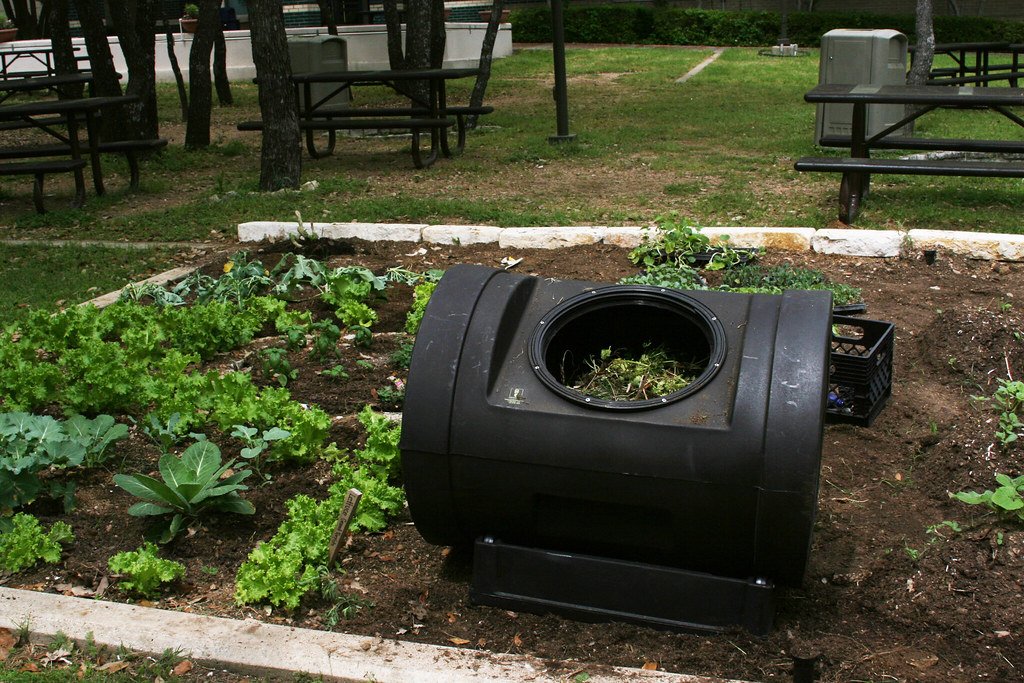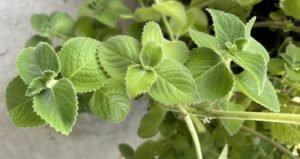Top 5 Tips for Successful Organic Composting

Introduction:
Composting is a fantastic way to reduce waste, enrich your garden soil, and contribute to a more sustainable environment. Organic composting transforms kitchen scraps and yard waste into nutrient-rich soil conditioner. Whether you’re new to composting or looking to improve your composting skills, these top five tips will guide you toward successful organic composting.
1. Start with the Right Ingredients:
Successful composting begins with a balanced mix of “greens” (nitrogen-rich materials) and “browns” (carbon-rich materials). Greens include kitchen scraps like fruit and vegetable peels, coffee grounds, and grass clippings. Browns consist of dry leaves, straw, shredded newspaper, and small branches. A good rule of thumb is to aim for a 2:1 ratio of browns to greens. This balance provides the necessary carbon-to-nitrogen ratio for efficient decomposition.
2. Proper Aeration:
Composting is an aerobic process, which means it requires oxygen. To facilitate decomposition, it’s crucial to maintain proper aeration. You can achieve this by turning the compost pile regularly or using a compost bin with aeration features. Adequate airflow helps prevent the compost from becoming too compacted and allows microorganisms to thrive, breaking down the materials more efficiently.
3. Maintain the Right Moisture Level:
Compost should feel like a damp sponge. Too much moisture can lead to a smelly, anaerobic (no oxygen) pile, while too little moisture will slow down decomposition. If your compost is too wet, add dry materials like leaves or shredded newspaper. On the other hand, if it’s too dry, water it lightly. Regularly monitoring the moisture level will help you maintain the right balance.
4. Size Matters:
Chop or shred materials before adding them to your compost. Smaller pieces decompose faster because they provide more surface area for microorganisms to work on. A shredder or a simple pair of garden shears can help you break down larger items like branches or cornstalks. Consider the size of your compost pile, too; larger piles tend to retain heat better, which speeds up decomposition.
5. Be Patient:
Composting is not an overnight process. Depending on various factors like temperature and the materials you use, it may take several months to a year for your compost to mature fully. Be patient and continue to maintain your compost pile with the tips mentioned above. Over time, you’ll be rewarded with dark, crumbly, and nutrient-rich compost that can be added to your garden to boost plant growth and soil health.
Conclusion:
Organic composting is an eco-friendly practice that reduces waste and produces valuable compost for your garden. By following these top five tips, you can successfully manage your compost pile, whether you’re a beginner or an experienced composter. Remember that composting is a learning process, and with patience and a bit of experimentation, you’ll master the art of turning waste into garden gold.

Growing Cuban Oregano: Benefits & Tips
Introduction Discover Cuban Oregano (Plectranthus amboinicus), also known as Spanish thyme or Mexican mint. This robust herb offers a unique combination of aromatic leaves, potent flavor, and a multitude of uses in both culinary and medicinal contexts. What is Cuban Oregano? Cuban Oregano boasts thick, fuzzy leaves with a potent scent and flavor that are
